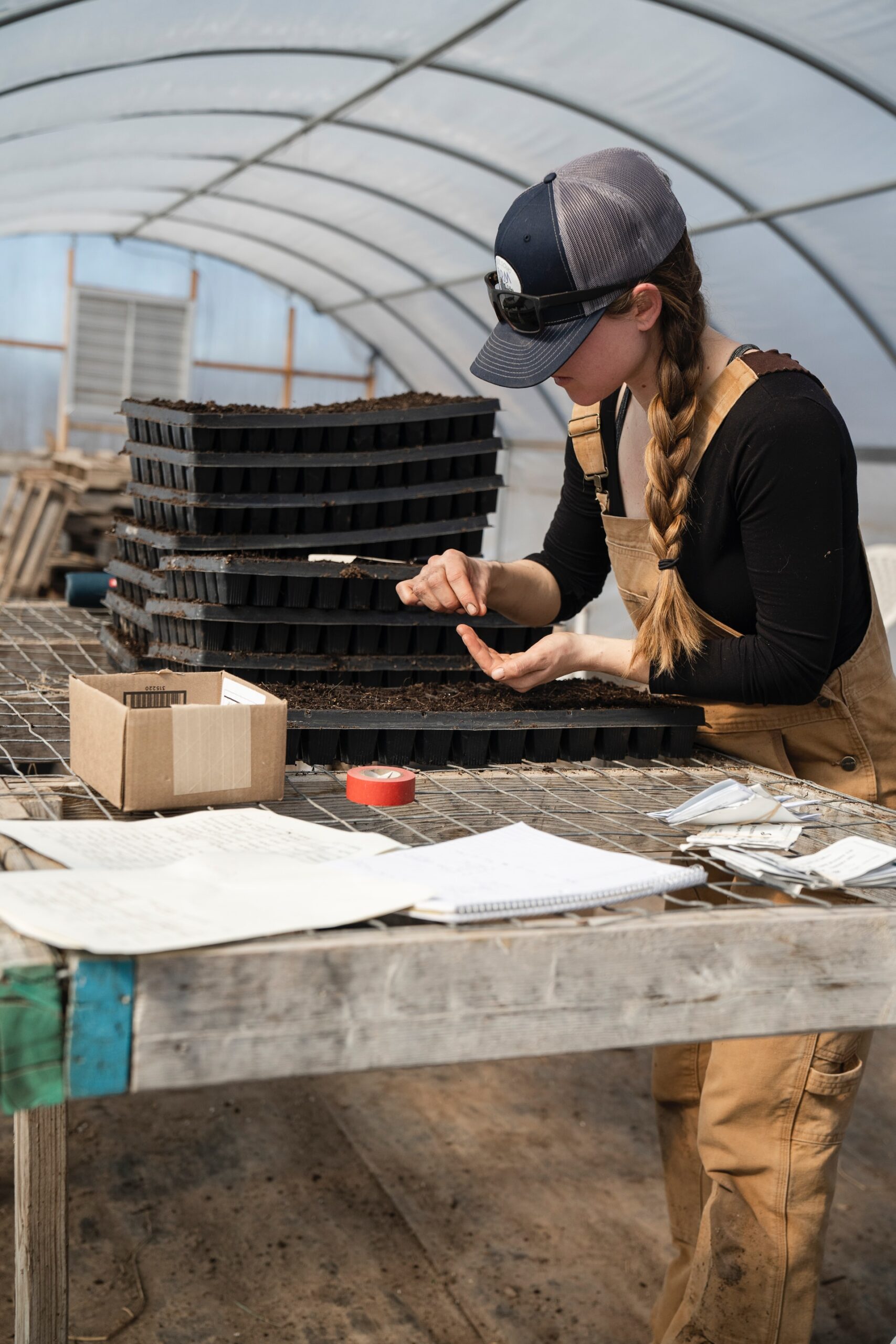As an increasing number of nature enthusiasts tap into green-fingered pursuits, the importance of organic soil management becomes apparent, particularly in small greenhouses. Why? Organic soil management not only helps boost the health and vitality of your plants, but it also creates a more sustainable and productive garden environment. Here, we delve into six indispensable strategies that each greenhouse grower can incorporate for superior organic soil management.
Understanding Soil Carbon Storage
Soil carbon storage is a fundamental player in organic soil management. It aids in nutrient retention, increases soil fertility, and improves soil structure, leading to healthier plant growth. Furthermore, it plays a critical role in combatting climate change by capturing carbon dioxide from the atmosphere. Understanding this significant concept can transform your small greenhouse into a haven of nutrient-rich plants. By implementing practices such as ground cover crops, mulching, and reduced tillage, you can enhance your greenhouse’s soil carbon storage. For a deeper understanding of soil carbon storage and its beneficial effects, consult this resource.
Biological Pest Management
Safeguarding your greenhouse from destructive pests doesn’t require harsh chemicals. Through the art of biological pest management, growers can harness the forces of Mother Nature to control pest invasions. By introducing beneficial insects that prey on harmful bugs, or biological controls like fungi and bacteria that are harmful to pests, you can maintain a pest-free greenhouse. It’s an earth-friendly way to protect your plants and promote a healthier soil microclimate. Discover more about organic pest management here.
Organic Weed Management Techniques
Weeds can be ruthless robbers of essential nutrients your plants need to flourish. Thankfully, there are numerous organic weed management techniques that are both effective and environmentally friendly. Mulching, solarizing, crop rotation, and proper spacing are just a few strategies to turn the tide against these unwanted visitors. Keeping your greenhouse weed-free not only secures nutrients for your plants, but also boosts soil health and productivity. For a comprehensive guide on organic weed management, visit this website.
Soil Testing and Amendment
Imagine tailoring your soil care regimen based on its specific needs. Through soil testing and amendment, you can do just that. Regular soil tests reveal insightful data about nutrient levels, pH values, and even potential contaminants – information that lays the foundation for targeted soil amendments. Based on the test results, you can carefully infuse the soil with organic matter like compost or specific minerals, effectively boosting its fertility and overall health.
Crop Rotation and Cover Crops
Crop rotation and cover crops are time-tested strategies in organic soil management that can work magic in your small greenhouse. Rotating different plant species discourages pest buildup and disease manifestation while helping balance the soil’s nutrients. In their off season, planting cover crops can significantly improve soil structure, increase organic matter, protect against erosion and suppress weeds. They’re like nature’s own multivitamin for your soil!
Composting and Organic Matter Addition
Love the idea of recycling kitchen scraps into a nutrient powerhouse for your greenhouse? Welcome to the world of composting. This method allows you to convert organic waste into rich compost that can be added to your greenhouse soil. It enhances soil fertility, promotes microbiological activity, improves soil structure, and helps conserve moisture. It’s the ultimate organic strategy to feed your soil and keep it vibrant and healthy.

